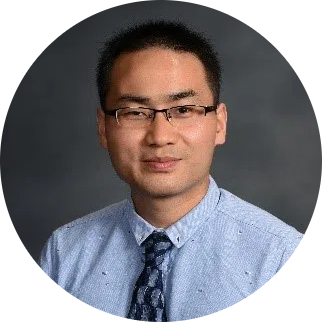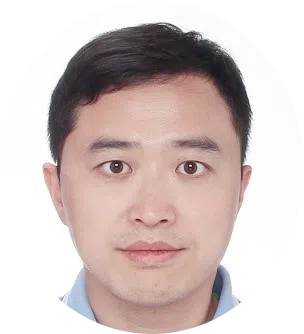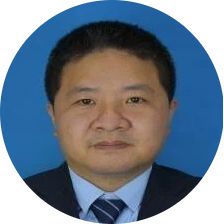Special Session 7 会议特别专题 7
Integrated Radar and Communication
Session organizers
Assoc. Prof. Yongjun Liu, Xidian University, China
Prof. Bo Tang, National University of Defense
Technology, China
Prof. Caipin Li, Xi'an Institute of Space Radio Technology, China
The topics of interest include, but are not limited to:
▪ Integrated radar and communication
(IRAC)/Integrated sensing and communication (ISAC)
system
▪ IRAC/ISAC waveform design
▪ IRAC/ISAC signal processing
▪ Fundamental information theoretical limits for
IRAC/ISAC system
▪ Network architectures for IRAC/ISAC
▪ Spectrum analysis or management of IRAC/ISAC
▪ Receiver design for IRAC/ISAC
Submission method
Submit your Full Paper (no less than 5 pages with two colums) or
your paper abstract-without publication (200-400
words) via
Online Submission System, then choose Special
Session 7 (Integrated Radar and Communication)
Template Download
Introduction of
Session organizers
 Assoc. Prof. Yongjun Liu,
Xidian University, China
Assoc. Prof. Yongjun Liu,
Xidian University, China
Yongjun Liu was born in Shaanxi, China. He received
the B.S. degree in electronic engineering and the
Ph.D. degree in signal and information processing
from Xidian University, Xi’an, China, in 2013 and
2019, respectively. From 2017 to 2019, he was a
Visiting Ph.D. Student with the Department of
Electrical and Computer Engineering, Lehigh
University, Bethlehem, PA, USA. He is currently an
associated professor with the National Key
Laboratory of Radar Signal Processing, Xidian
University. His research interests include
integrated waveform design, counter reconnaissance
and anti-jamming, target detection, and array signal
processing.
 Prof.
Bo Tang,
National University of Defense Technology, China
Prof.
Bo Tang,
National University of Defense Technology, China
Bo Tang was born in Linchuan, Jiangxi, China, in
1985. He received the B.S. and Ph.D. degrees in
electrical engineering from Tsinghua University,
Beijing, China, in 2006 and 2011, respectively.
Since 2017, he has been with the College of
Electronic Engineering, National University of
Defense Technology, China, where he is currently a
Full Professor.
From 2011 to 2017, he was a Lecturer with the
Electronic Engineering Institute. His research
interests include array signal processing, waveform
design, and multiple-input-multiple-output (MIMO)
systems. He was selected as the “Young Elite
Scientists Sponsorship Program” by the China
Association for Science and Technology (CAST) and
the “Chang Jiang Scholars Program” by the Ministry
of Education of China. He was also sponsored by the
Anhui Provincial Natural Science Foundation for
Distinguished Young Scholars (2021–2023). He has
been serving on the editorial board of IEEE
TRANSACTIONS ON SIGNAL PROCESSING since 2020.
 Prof. Caipin Li,
Xi'an Institute of Space Radio Technology, China
Prof. Caipin Li,
Xi'an Institute of Space Radio Technology, China
Caipin Li was born in FuJian in China. He received
the Bachelor’s degree in computer science and
technology from Air Force Engineering University,
Xi’an, China, in 2007 and the M.S. degree in
communication and information systems from the China
Academy of Space Technology, Beijing, China, in
2010.
From 2010 till now, he joined in the China Academy
of Space Technology. He is currently a Professor of
Satellite Payloads Engineering in the China Academy
of Space Technology, Xi’an, China. He has published
around forty papers, and applied over thirty
patents. His research interests include spaceborne
radar systems, new radar system design and SAR
imaging processing.
